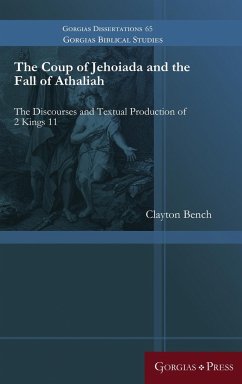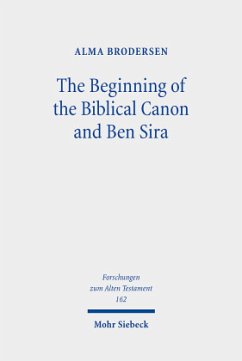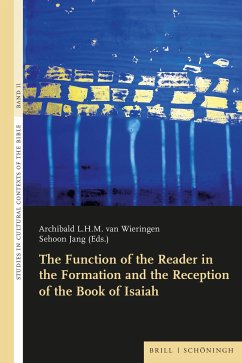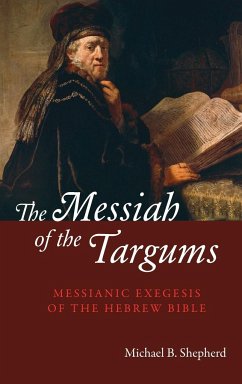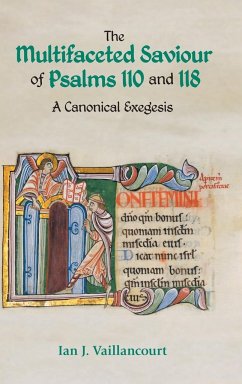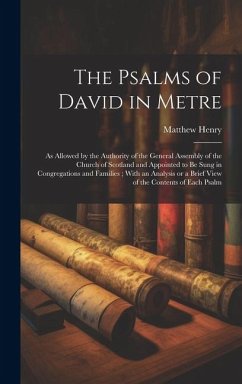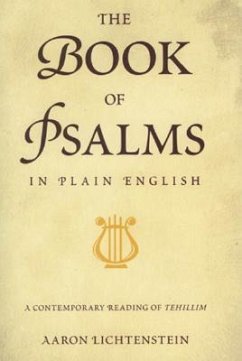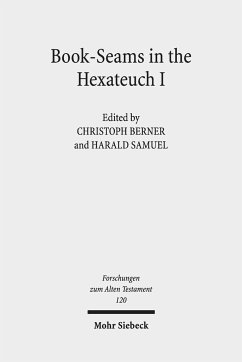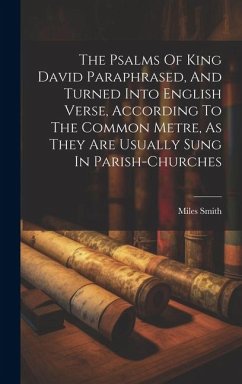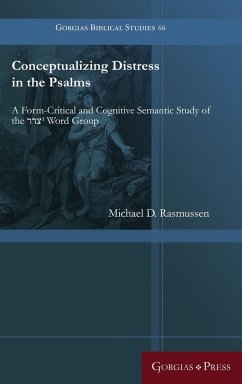
Conceptualizing Distress in the Psalms
A Form-Critical and Cognitive Semantic Study of the ¿¿¿1 Word Group
Versandkostenfrei!
Versandfertig in 1-2 Wochen
119,99 €
inkl. MwSt.

PAYBACK Punkte
60 °P sammeln!
This volume explores a new methodology for applying the psalms to the present day. Rasmussen uses a combination of form critical and cognitive semantic methods in the Psalter to investigate words related to distress (from the root ¿¿¿1). This investigation results in a set of three cognitive domains that are relatively unique to Psalms that include these distress terms. This study also reveals previously-unnoticed genre grouping in the Psalter related to this distress vocabulary. Some of the stronger examples within this genre grouping include Psalms 22, 31 and 69, which serve as literary b...
This volume explores a new methodology for applying the psalms to the present day. Rasmussen uses a combination of form critical and cognitive semantic methods in the Psalter to investigate words related to distress (from the root ¿¿¿1). This investigation results in a set of three cognitive domains that are relatively unique to Psalms that include these distress terms. This study also reveals previously-unnoticed genre grouping in the Psalter related to this distress vocabulary. Some of the stronger examples within this genre grouping include Psalms 22, 31 and 69, which serve as literary backdrop for the distress of the crucifixion of Jesus in the gospels. Rasmussen also offers suggestions about the editorial process of the Hebrew Psalter, observing that the later portion of the Psalter (Book 5: Pss 107-150) more strongly associates distress with divine discipline, whereas in the first three books of the Psalter (Pss 1-89), distress is more strongly correlated with declarations of innocence.



